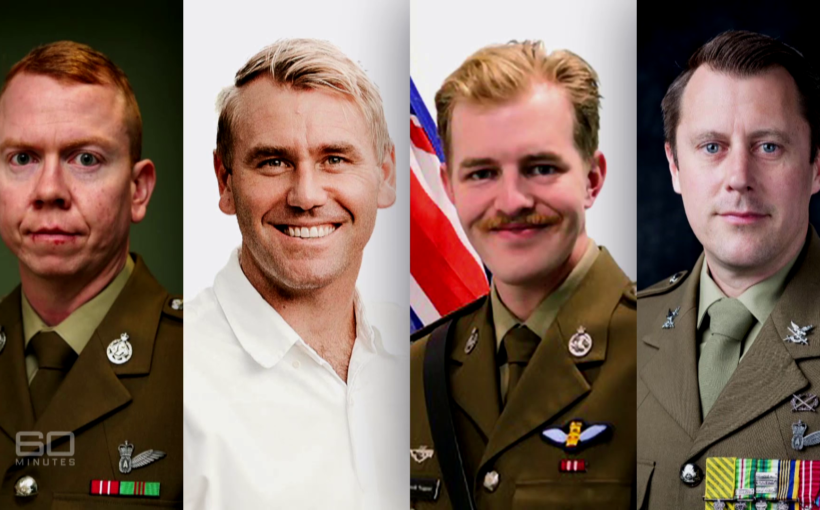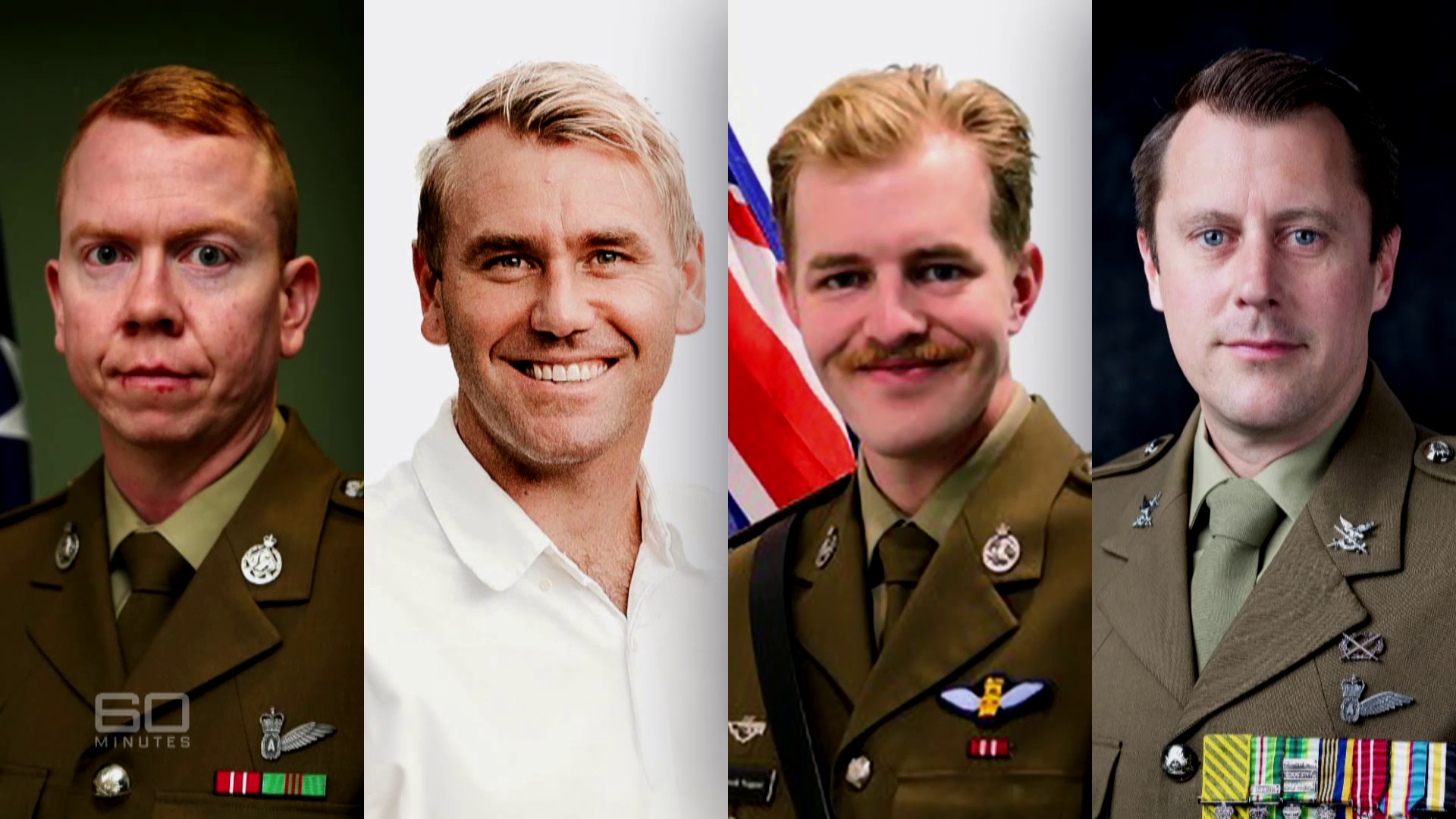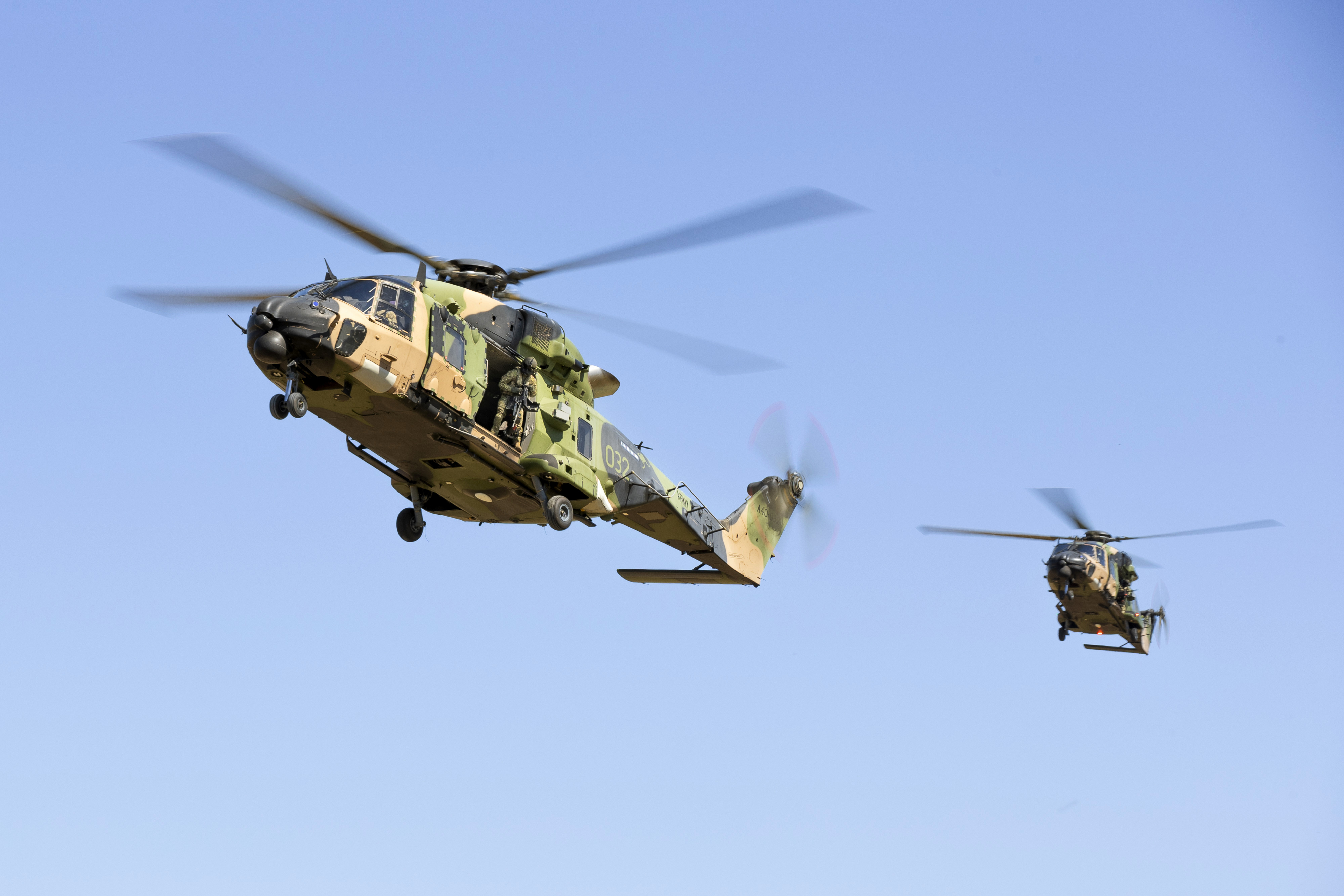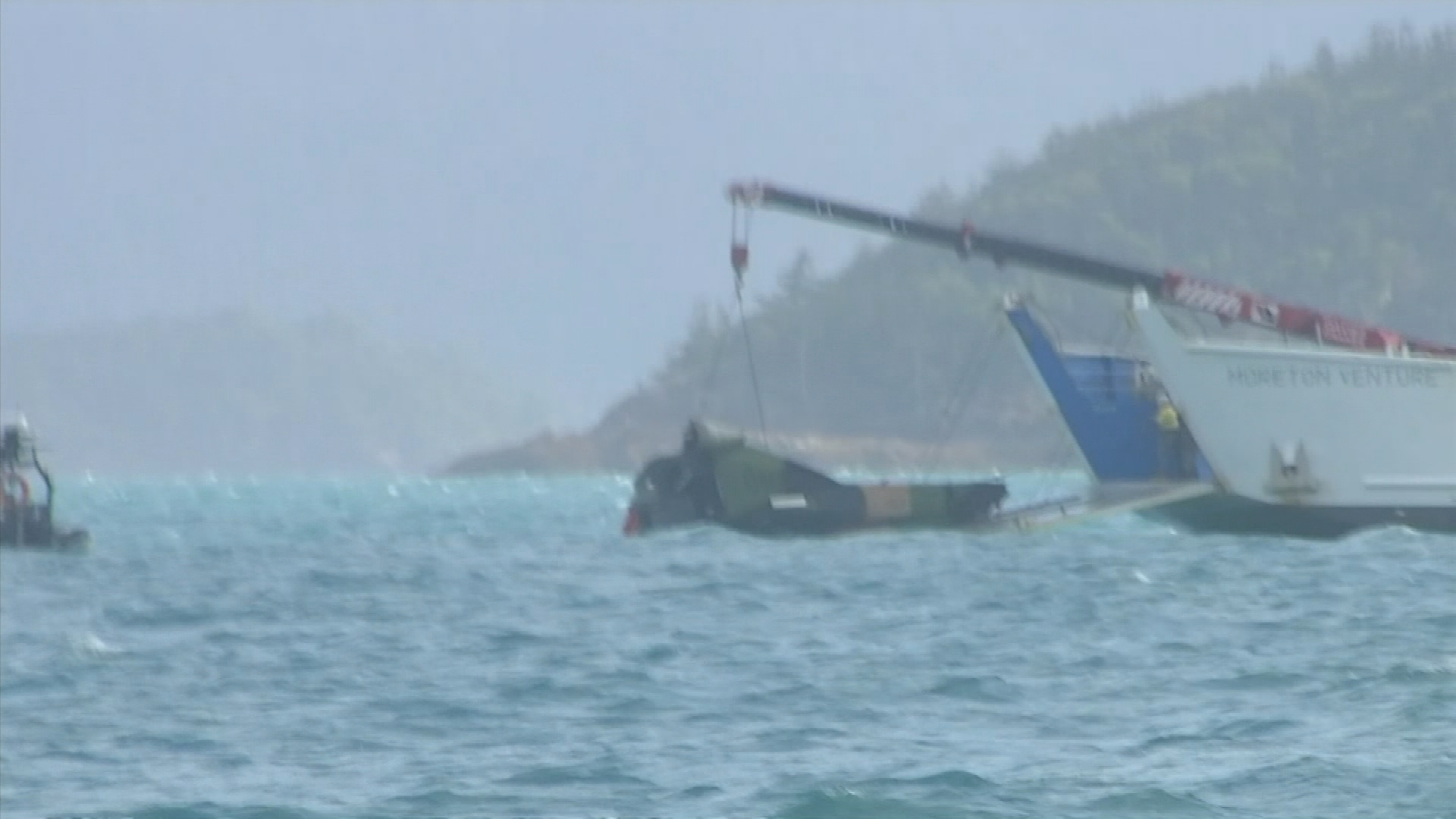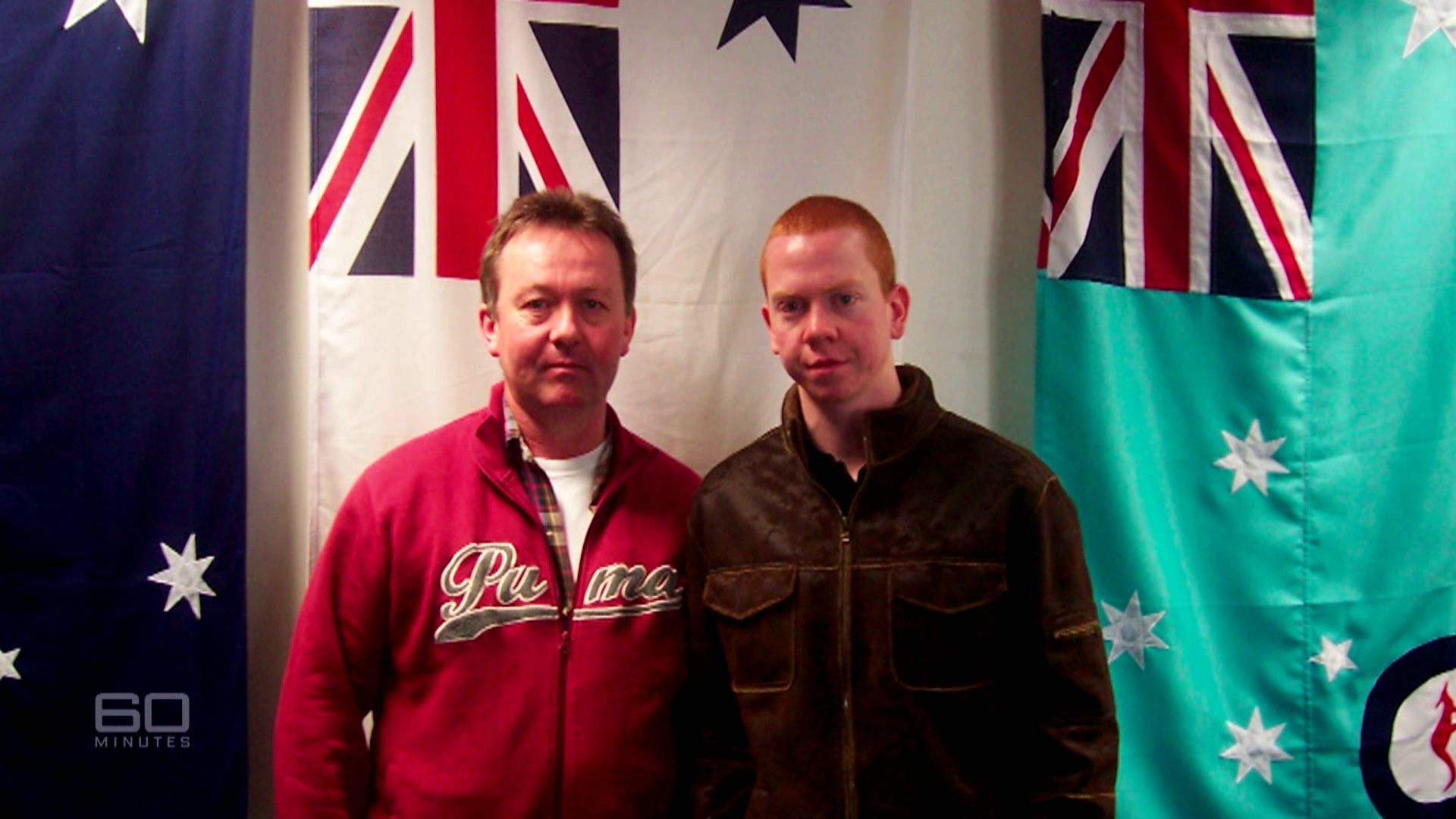The Australian Defence Force (ADF) is seeking to gut an independent inquiry’s ability to investigate the cause of a fatal Taipan helicopter crash that killed four Army airmen last year.
In an extraordinary move that has infuriated the families of the victims, Defence wants the Inspector-General of the ADF (IGADF) inquiry into the July 28 to avoid probing a lengthy “shopping list” of topics until it has completed its own under-powered inquiry.
The ADF doesn’t want the IGADF to look into the actions of the crew that night, the helmet-mounted sight display, night vision systems or “human factors”.
Nor does Defence want Margaret McMurdo’s inquiry looking into fatigue management, flight supervision or authorisation, aviation risk management, aircrew training, aircraft design and certification, engineering, maintenance and “crash survivability”.
“Quite a sizeable shopping list of areas,” Colonel Jens Streit, who is assisting McMurdo in her inquiry, observed.
Captain Danniel Lyon, Lieutenant Max Nugent, Warrant Officer Phil Laycock and Corporal Alex Naggs died on July 28 during a Defence exercise when their Taipan helicopter plummeted at high speed into the sea off Lindeman Island in the Whitsundays.
The helicopter had been flying in close formation with three other Taipans in low light, poor weather and in a left-hand turn when it smashed into the ocean about 10.30pm.
Suspicion has fallen on pilot disorientation, possibly caused by compelling but inaccurate or ambiguous information in the helmet-mounted night vision equipment.
The Commonwealth’s submission to the IGADF says the inquiry should “not seek to obtain or adduce evidence relating to any or all” of the declared topics – including the helmet display – before the Defence Flight Safety Bureau (DFSB) completes its own reports into the July 28 crash and the ditching of a Taipan into Jervis Bay four months before.
But according to DFSB director Group Captain David Smith, the agency’s reports into the two incidents won’t be completed until December this year “due to the resignations of two of the three DFSB operational investigators”.
The DFSB signed off on the use of the TopOwl helmet-mounted sight display, conducting its own tests, after the Army Aviation and Test Evaluation Section said the equipment posed a “substantial risk of multiple deaths” due to display of “ambiguous aircraft attitude”.
McMurdo has agreed to hear arguments tomorrow as to why her inquiry should be restricted, but made her discomfort known.
“One of the things that what frightens me about the submissions that’ve been made … is that I think one of the beauties of an inquiry like this is that hearing evidence from witnesses such as we’re going to be hearing from in this hearing in public, leads to further material, further evidence coming forward,” she said.
“And that evidence wouldn’t be coming forward if we delayed those witnesses until after receipt of the DFSB report.
“I think that’s a very big issue here.”
Lawyers for three of the victims told the inquiry they opposed any attempt to curtail the IGADF’s inquiry.
Further aggravating McMurdo was that the Commonwealth told her inquiry it could not argue its case until Tuesday, when its senior counsel could attend in person.
“It’s very unsatisfactory,” she said.
“If the Commonwealth wanted a King’s Counsel, they’ve had plenty of time to brief a different KC.
“I have grave doubts whether anything would be achieved by adjourning the application until tomorrow but given the importance of the application I am finally persuaded I should adjourn it until 10 o’clock (Tuesday).”
David Naggs, the father of Corporal Alex Naggs, said any delay to the inquiry would cause him and his family “significant stress”, saying it was “only a procrastinating cover-up by the Commonwealth”.
Naggs also questioned why the DFSB should be effectively made “sole arbiter” in the establishment of the facts when it had played a role in evaluating the safety of the helmet-mounted sight display.
